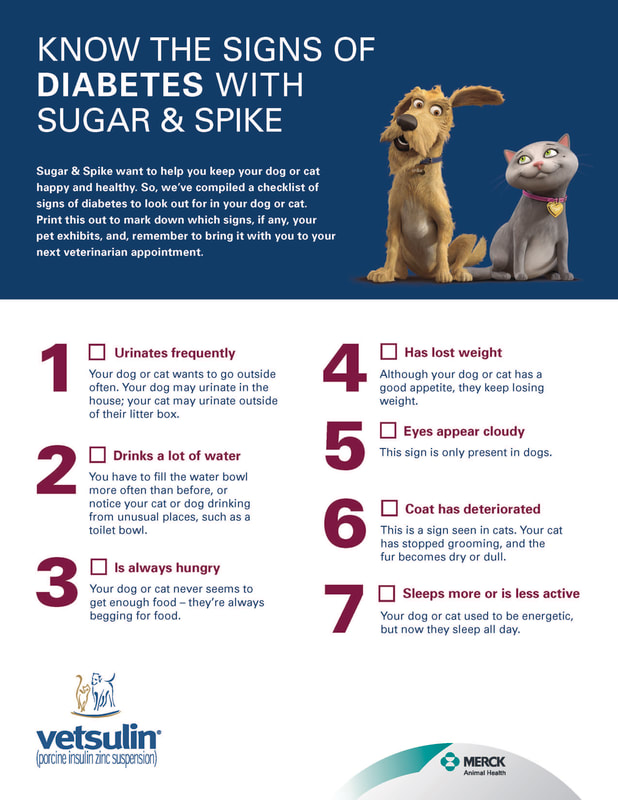53 Top Pictures Medicine For Megaesophagus In Cats / 16 best Bailey chair images on Pinterest | Chairs, Dog .... Megaesophagus is often divided into congenital versus acquired causes. Dogs examined at the department of veterinary medicine, university of cambridge for regurgitation, but without evidence of megaesophagus on radiographs, and a further group of asymptomatic dogs. In cats, acquired secondary megaesophagus is not due to pyloric dysfunction. Some animals may die due to complications, like. Acquired megaesophagus occurs later in life from a primary or secondary case.
ads/bitcoin1.txt
Sacha mace, ba, dvm, dacvim (small animal internal medicine). The esophagus can have a mild, focal motility problem, or the entire organ may be dilated and functioning poorly. Medicine and surgery of tortoises and turtles.pdf. Unfortunately, cats suffering from congenital forms of the diseases, or in whom the underlying cause could not be identified, carry a very poor prognosis. We review symptoms, methods of diagnosis & treatment measures for cats & dogs.

Cisapride is also useful in managing cats with hairball problems and in dogs with idiopathic megaesophagus that continue to regurgitate frequently in veterinary medicine, adverse reactions to clinical use of cisapride have not been reported.
ads/bitcoin2.txt
Cisapride for animals can only be obtained through. Canine megaesophagus is caused when a dog's esophagus muscles collapse in certain sections. In addition to the variety of radiographic appearances, there are many causes of megaesophagus in dog. Megaesophagus is a condition characterised by a widening (or dilation) of the esophagus, which is a muscular tube which connects the throat to the stomach. There is no cure for megaesophagus, but it can be treated to improve swallowing and digestion for your cat. The esophagus can have a mild, focal motility problem, or the entire organ may be dilated and functioning poorly. Some medications are worse than others. To diagnose megaesophagus, your veterinarian will perform a physical examination on your cat, ask you about their symptoms, and use certain tests. • congenital megaesophagus may be inherited in a similar fashion to congenital megaesophagus in dogs. Some animals may die due to complications, like. Acquired megaesophagus occurs later in life from a primary or secondary case. However, it is more common in dogs than cats. Congenital causes are usually idiopathic in nature, where acquired may be primary (idiopathic), or secondary to other diseases such as myasthenia gravis.
Congenital megaesophagus affects siamese cats more than other breeds. Not only does the cat not receive adequate nutrients, but the presence of food sitting in the throat also predisposes him to aspiration pneumonia. We review symptoms, methods of diagnosis & treatment measures for cats & dogs. Department of clinical diagnostics, lviv national university of veterinary medicine and biotechnology. Unfortunately, cats suffering from congenital forms of the diseases, or in whom the underlying cause could not be identified, carry a very poor prognosis.

Radiography of the thorax and abdomen revealed generalized megaesophagus and gastric 1 department of physiology, college of veterinary medicine, university of georgia, athens 30602.
ads/bitcoin2.txt
A member of the american society of veterinary journalists. The goal of treatment is to take care. Megaesophagus is a condition in which the esophagus, a muscular tube that runs from the mouth to the stomach, is enlarged and malfunctioning. Megaesophagus, also known as esophageal dilatation, is a disorder of the esophagus in humans and other mammals, whereby the esophagus becomes abnormally enlarged. Some horses affected by fourth branchial arch defect may also have megaesophagus and achalasia of the upper esophageal sphincter. Dogs examined at the department of veterinary medicine, university of cambridge for regurgitation, but without evidence of megaesophagus on radiographs, and a further group of asymptomatic dogs. Unfortunately, cats suffering from congenital forms of the diseases, or in whom the underlying cause could not be identified, carry a very poor prognosis. To diagnose megaesophagus, your veterinarian will perform a physical examination on your cat, ask you about their symptoms, and use certain tests. Cats may have a familial predisposition for megaesophagus. Some medications are worse than others. Idiopathic megaesophagus in the dog: Sacha mace, ba, dvm, dacvim (small animal internal medicine). Radiography of the thorax and abdomen revealed generalized megaesophagus and gastric 1 department of physiology, college of veterinary medicine, university of georgia, athens 30602.
Acquired megaesophagus occurs later in life from a primary or secondary case. Department of clinical diagnostics, lviv national university of veterinary medicine and biotechnology. The esophagus can have a mild, focal motility problem, or the entire organ may be dilated and functioning poorly. Megaesophagus is a serious condition that may lead to pneumonia or death. Some horses affected by fourth branchial arch defect may also have megaesophagus and achalasia of the upper esophageal sphincter.

While megaesophagus in dogs definitely sounds like a horrible condition for them to go through, there are certainly ways to treat it.
ads/bitcoin2.txt
Some medications are worse than others. Keep reading for treatment strategies to help your pet feel better. Megaesophagus — an enlarged esophagus —i s more common in dogs than cats and is marked by regurgitation of food. Megaesophagus is one of those conditions that covers a broad range of severity. Radiography of the thorax and abdomen revealed generalized megaesophagus and gastric 1 department of physiology, college of veterinary medicine, university of georgia, athens 30602. Not only does the cat not receive adequate nutrients, but the presence of food sitting in the throat also predisposes him to aspiration pneumonia. Some animals may die due to complications, like. Both had a history of regurgitation, and one was dyspneic. The esophagus can have a mild, focal motility problem, or the entire organ may be dilated and functioning poorly. Megaesophagus is a serious condition that may lead to pneumonia or death. Congenital megaesophagus affects siamese cats more than other breeds. While megaesophagus in dogs definitely sounds like a horrible condition for them to go through, there are certainly ways to treat it. Treatment for megaesophagus in cats.
ads/bitcoin3.txt
ads/bitcoin4.txt
ads/bitcoin5.txt